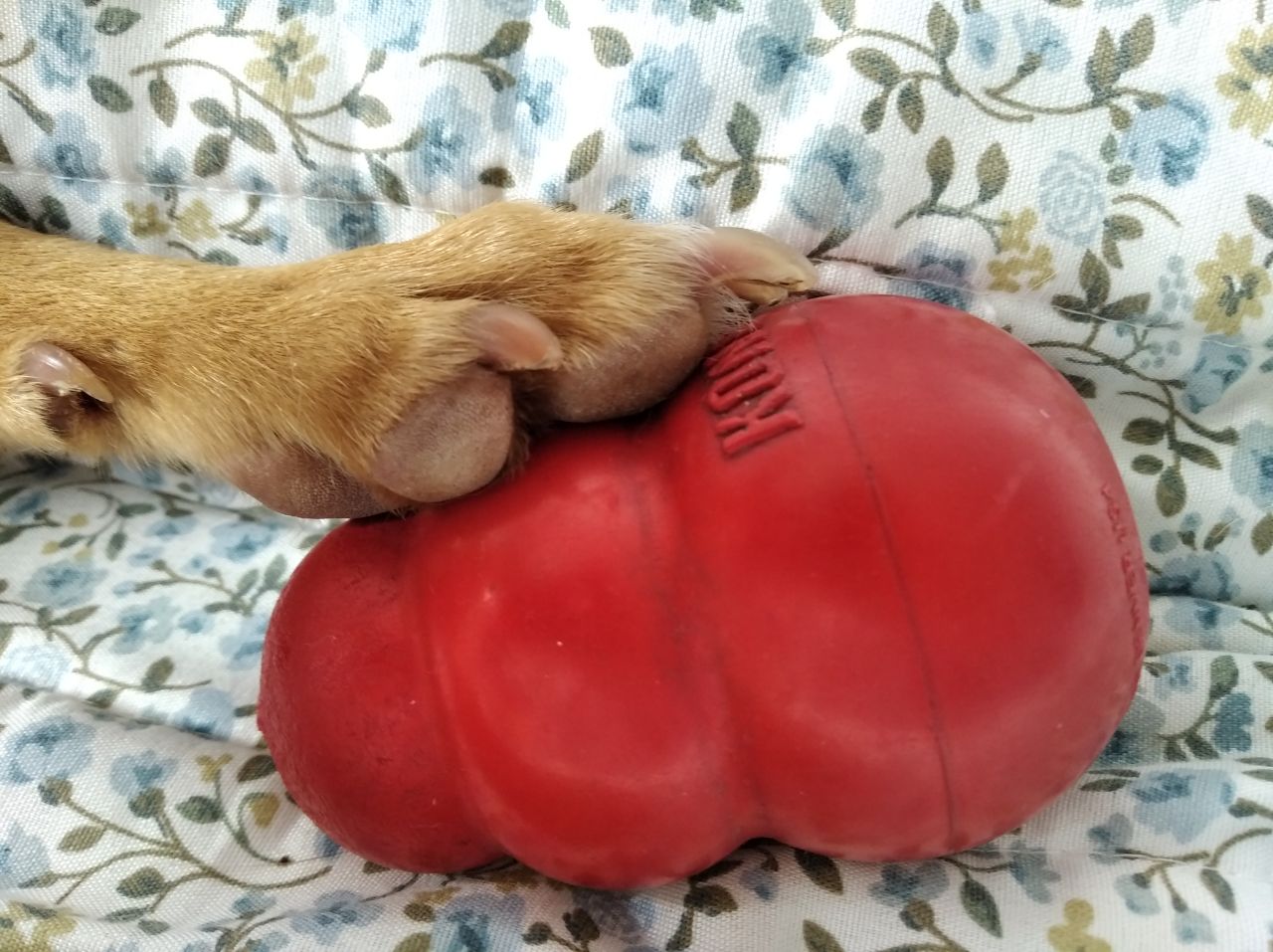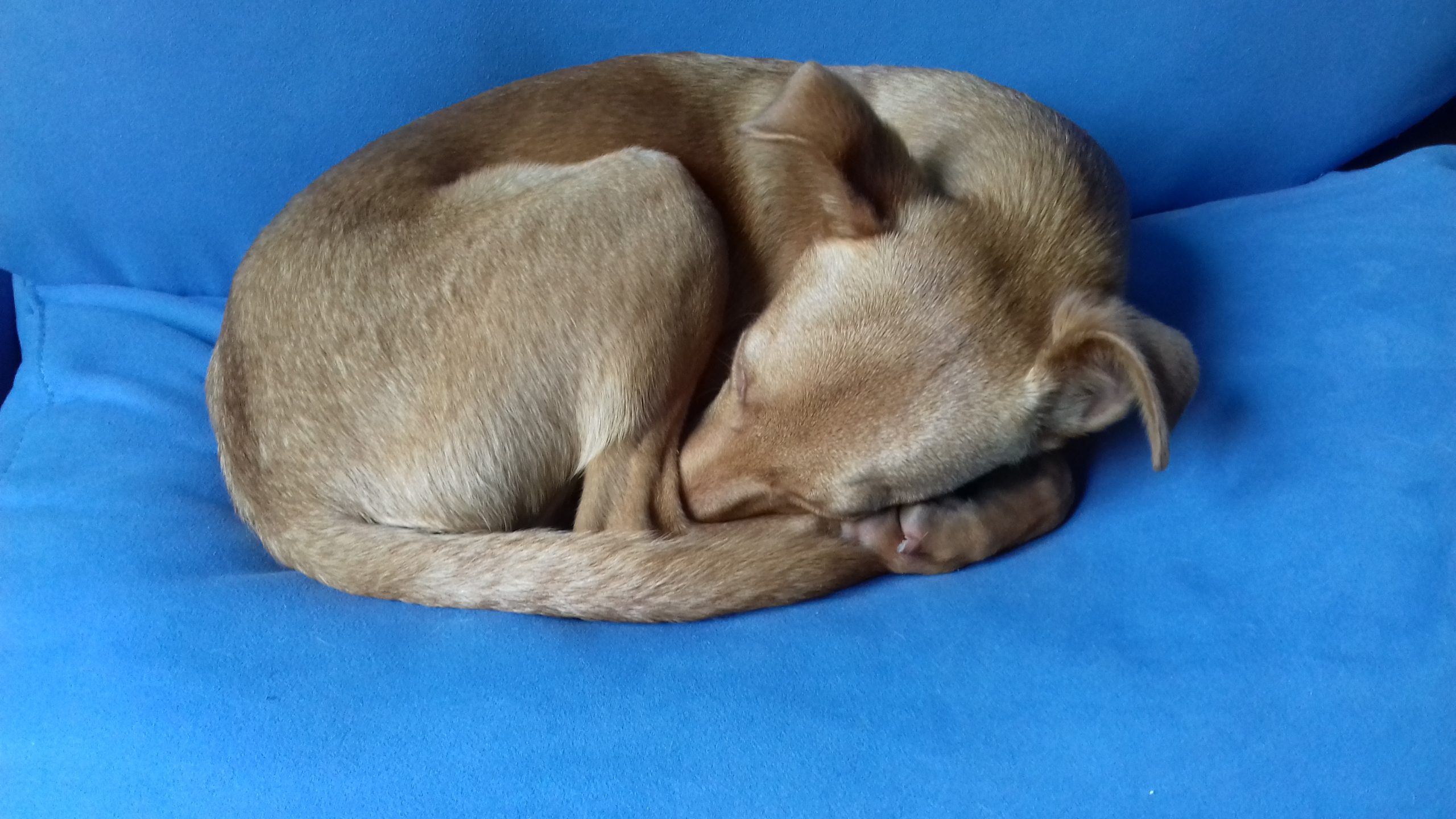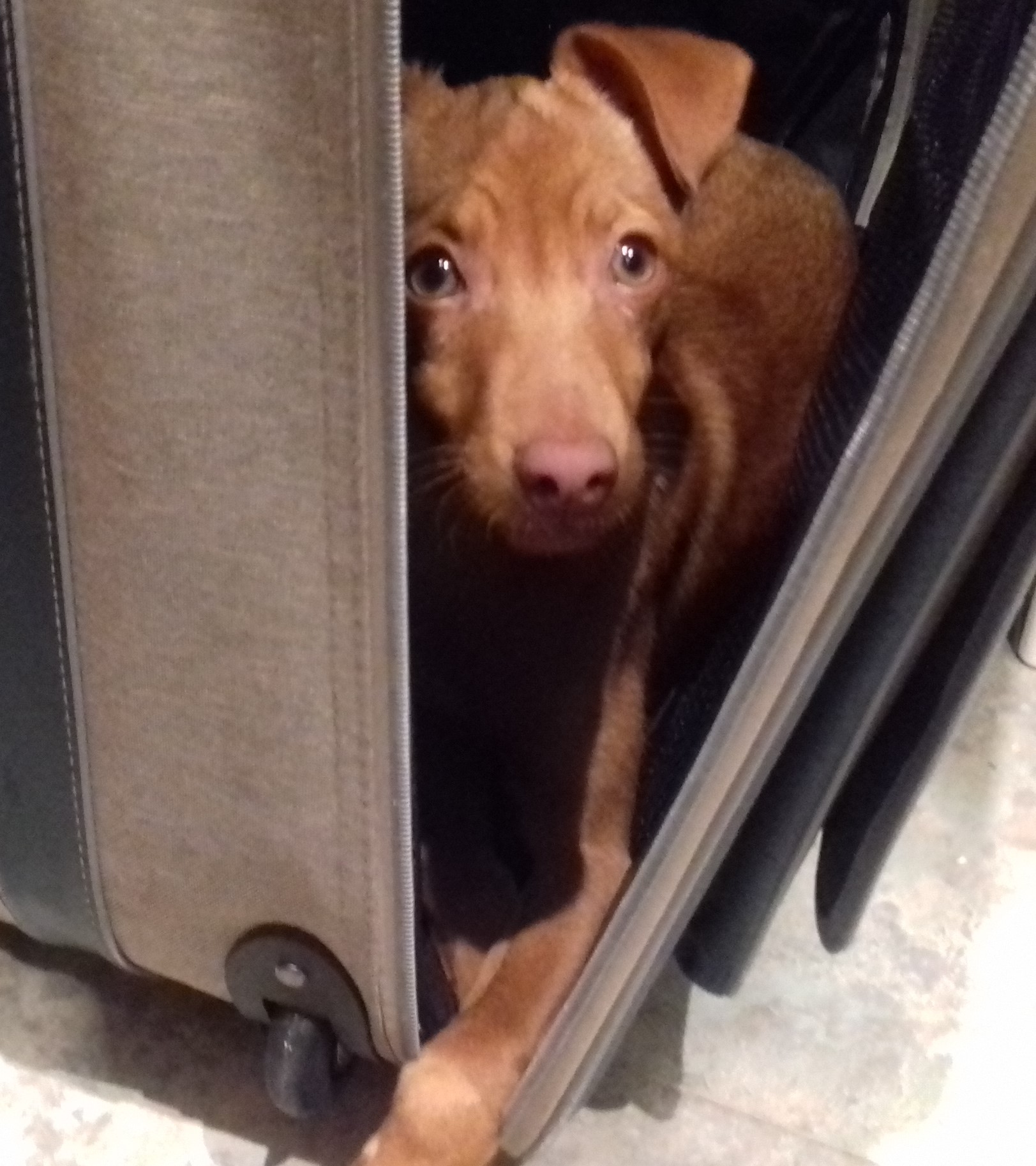 Once upon a time, in a small village in the south of Spain, a woman with a heart of gold came across a heavily pregnant abandoned dog. The woman took her home and soon enough she gave birth to a litter (1) of three adorable mix-breed puppies (2).
Once upon a time, in a small village in the south of Spain, a woman with a heart of gold came across a heavily pregnant abandoned dog. The woman took her home and soon enough she gave birth to a litter (1) of three adorable mix-breed puppies (2).
One day, her granddaughter (also an animal lover) drove down from the north to visit her granny and she gave the dogs a ride to the city that would become their new home. Mum and puppies were all adopted and that is where the story begins for me.
Saying that a puppy changes your life is an understatement. It puts it upside down!
I recently heard about puppy blues (a feeling of overwhelm and anxiety that some people experience when bringing home a new dog). Not my case, but I can testify to a good amount of chaos during the process of adaptation. It messes with your routines and social life not to say the state of your home. Luckily, there is endless laughter too, and cuteness all around, which compensates for it all.
Once they are housetrained (3), things become easier. The puppy chewing stage (4) lasts a bit longer and it makes for some fun conversations about stories of destroyed items around the house with other dog owners. A bit of therapy!
I haven’t been blessed with the easiest dog to train, but the best things in life don’t come easy. Learning about dog body language and other forms of communication is proving to be fascinating.
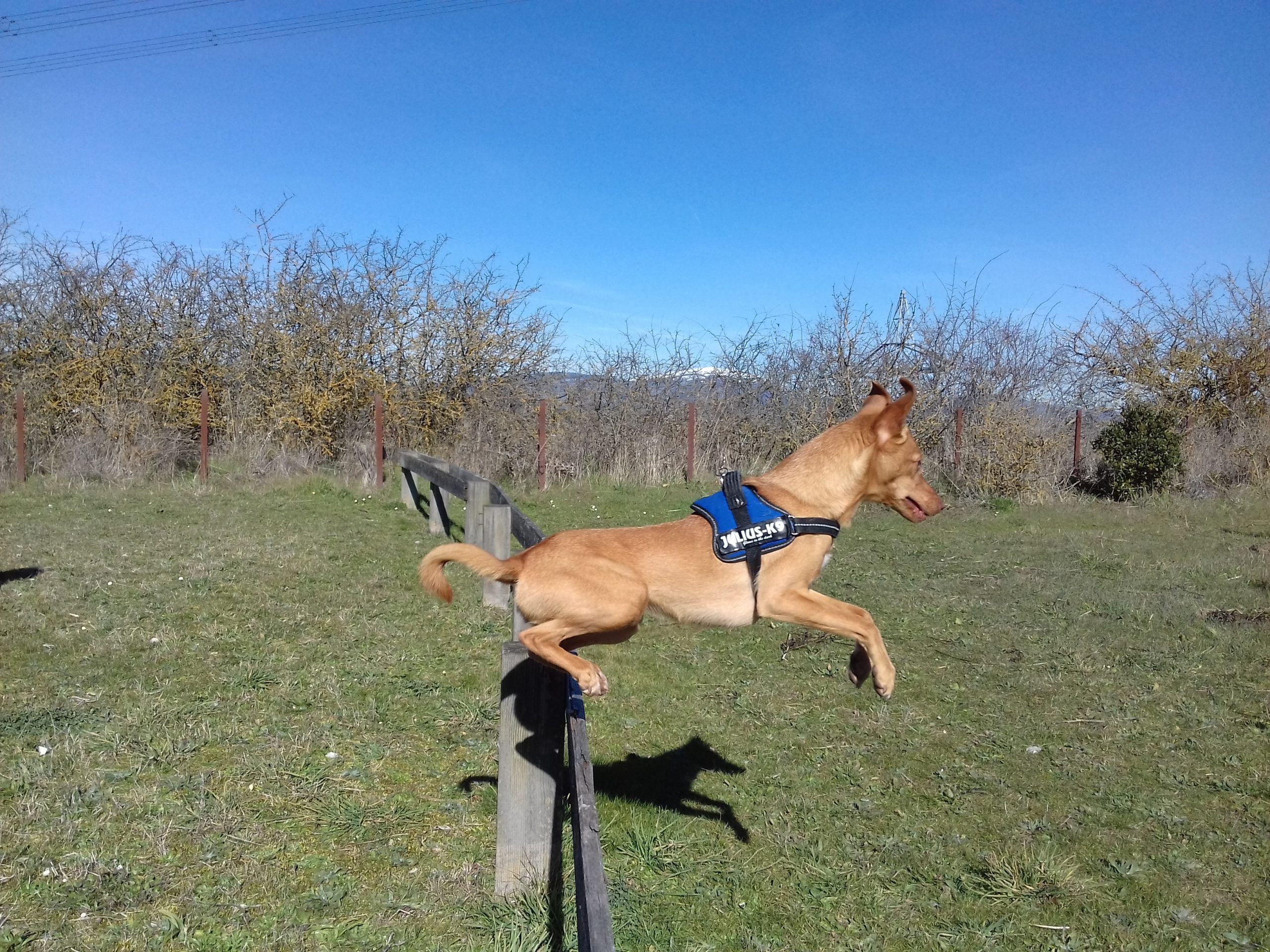
A great advantage our four-legged friends bring to our lives is daily exercise. In all kinds of weather. I know this may sound like a chore to some but mostly, being in nature with a dog is energising, even when having to brave the elements.
Personally, he has given me a reason to become a driver. Travelling in the bus luggage compartment shot his anxiety (and that of the poor bus driver and passengers). Nothing I tried worked so, I decided to take the bull by the horns, buy a car and relearn how to drive. His carrier (5) in the boot has become one of his favourite places and having a car has opened up new possibilities for me.
So, win-win!
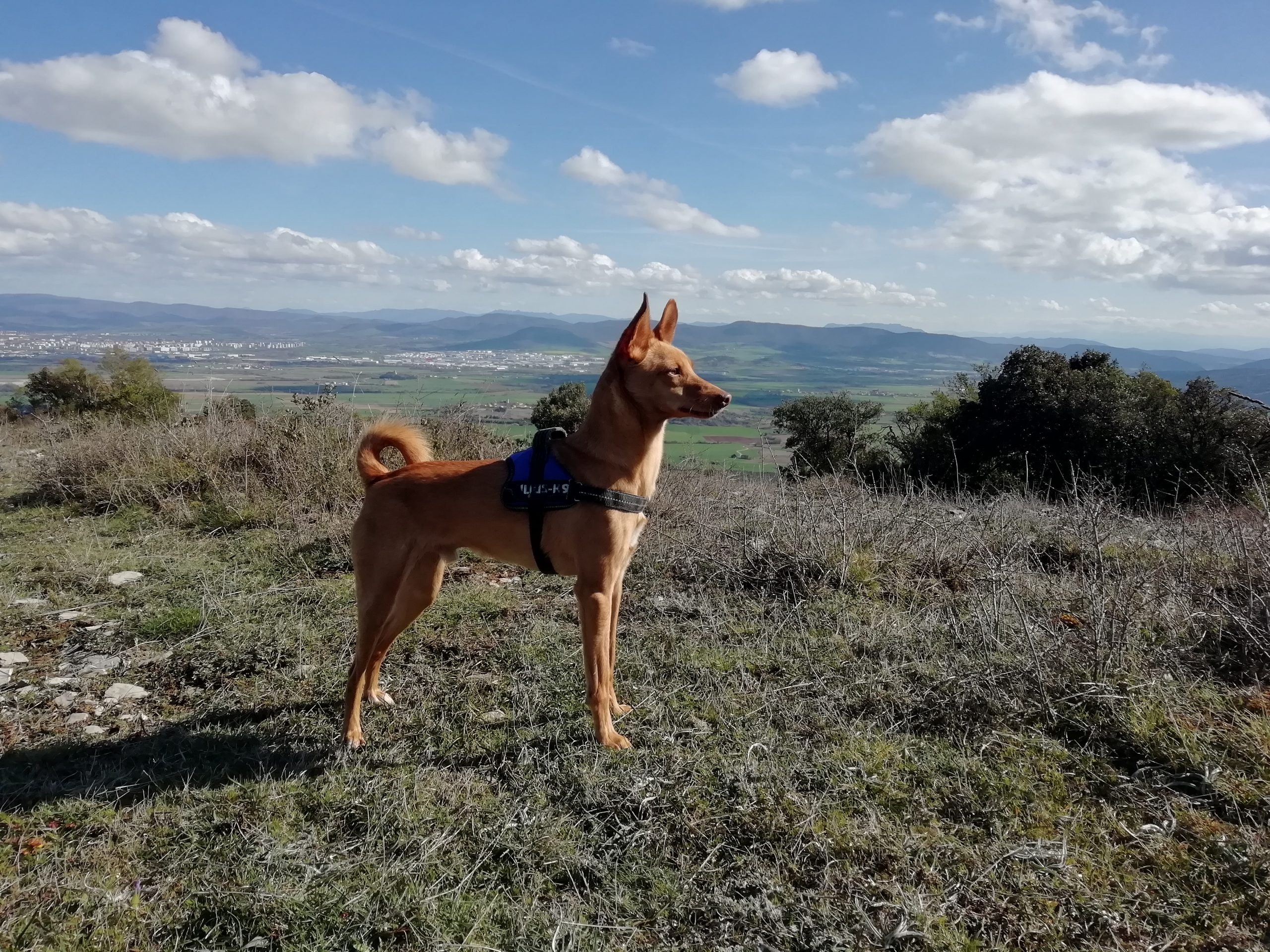
Having a dog is a journey that requires certain sacrifices that we should be aware of before embarking on it.
It is heart-breaking to see the worrying numbers of abandoned dogs that end up in dog shelters (6). Adopting a dog on a whim and then changing one’s mind can lead to the suffering of an innocent animal who does not understand why it has been rejected. My dog had to go through a failed adoption before coming home and I can’t help but wonder why there aren’t certain systems put in place that ensure responsible ownership. There is hope though. At the moment, there is a draft animal welfare law waiting to be approved by the Spanish government sometime this year containing, quoting, “a battery of measures aimed at changing Spaniards’ relationship with animals.”
And to finish, I leave you with a vocabulary list of useful vocabulary translated into Spanish.
VOCABULARY
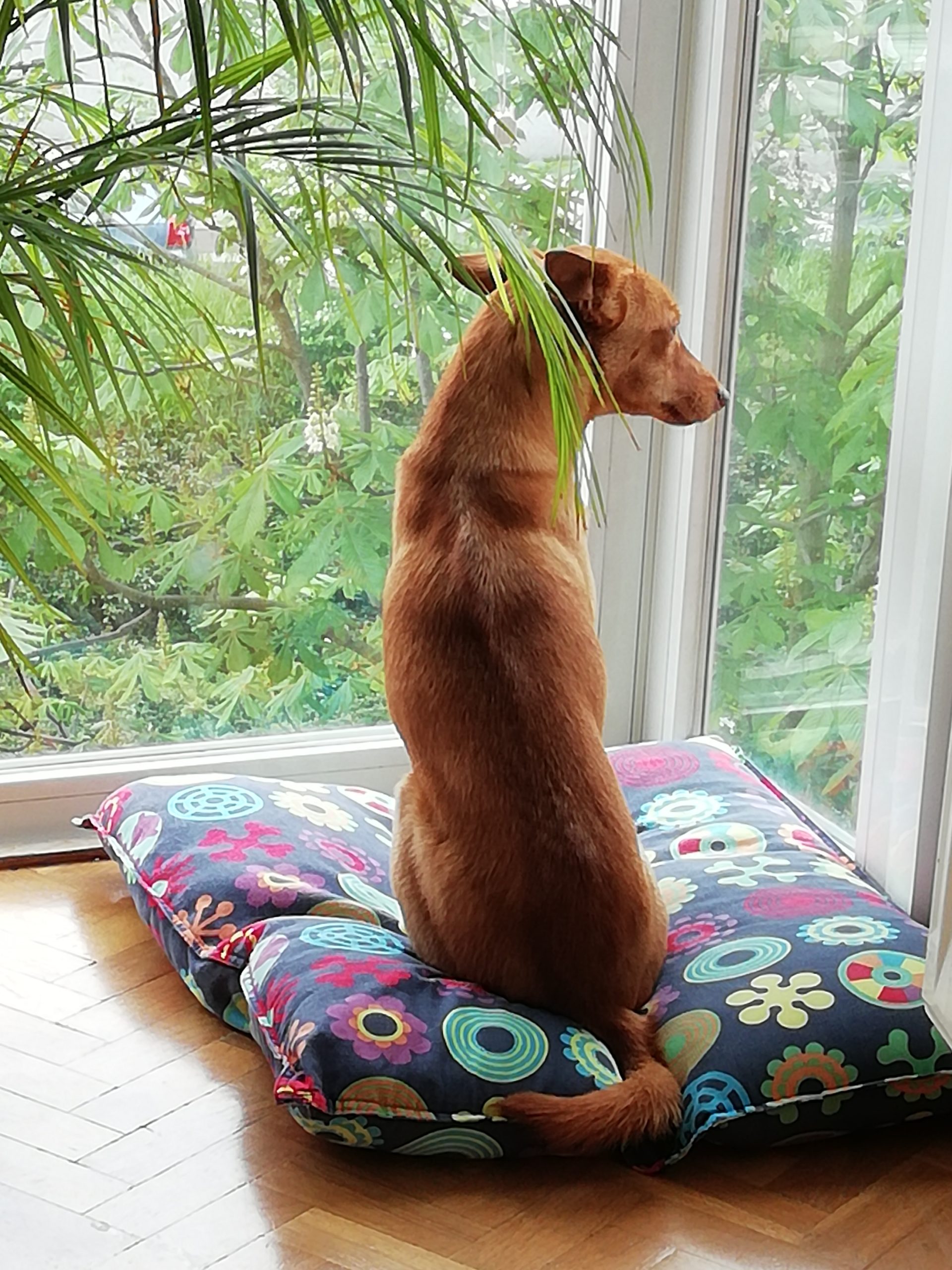
10 actions dogs do
- Bark (ladrar)
- Growl or snarl (gruñir)
- Sniff (olisquear)
- Mark their territory (marcar su territorio)
- Wag their tail (mover la cola)
- Roll onto their back (ponerse panza arriba)
- Whine (lloriquear, gemir)
- Lick (lamer)
- Tilt their heads (girar la cabeza)
- Hump (montar)
 10 things dog owners usually have
10 things dog owners usually have
- Lead or leash (correa)
- Collar (collar)
- Muzzle (bozal)
- Tick tweezers (pinzas para garrapatas)
- Ball launcher (lanzador de pelotas)
- Dog poop bags (bolsitas para recoger las cacas)
- Dog tug toy (mordedor de entrenamiento)
- Food puzzle toy, e.g. Kong (dispensador de comida)
- Treats (premios)
- Dog Bowl (comedero)
 10 verbs that we use when referring to dogs
10 verbs that we use when referring to dogs
- Walk them (sacarles a pasear)
- Take them to the vet for check-ups (llevarles al veterinario)
- Brush their hair (cepillarles)
- Set boundaries (poner límites)
- Praise for good behaviour (felicitarles cuando se portan bien)
- Neuter (esterilizar)
- Keep up to day with vaccinations (estar al día con las vacunas)
- Clean up after your dog (recoger la caca de tu perro)
- Keep your dog on a lead (llevar a tu perro con la correa)
- Curl up to sleep (acurrucarse, hacerse un ovillo)
As Anika from Mascotas Urbanas reminds us, dogs are:
GREGARIOUS, OPPORTUNISTIC, PREDATORS and HIERARCHICAL.
Understanding that and not humanising them is key.
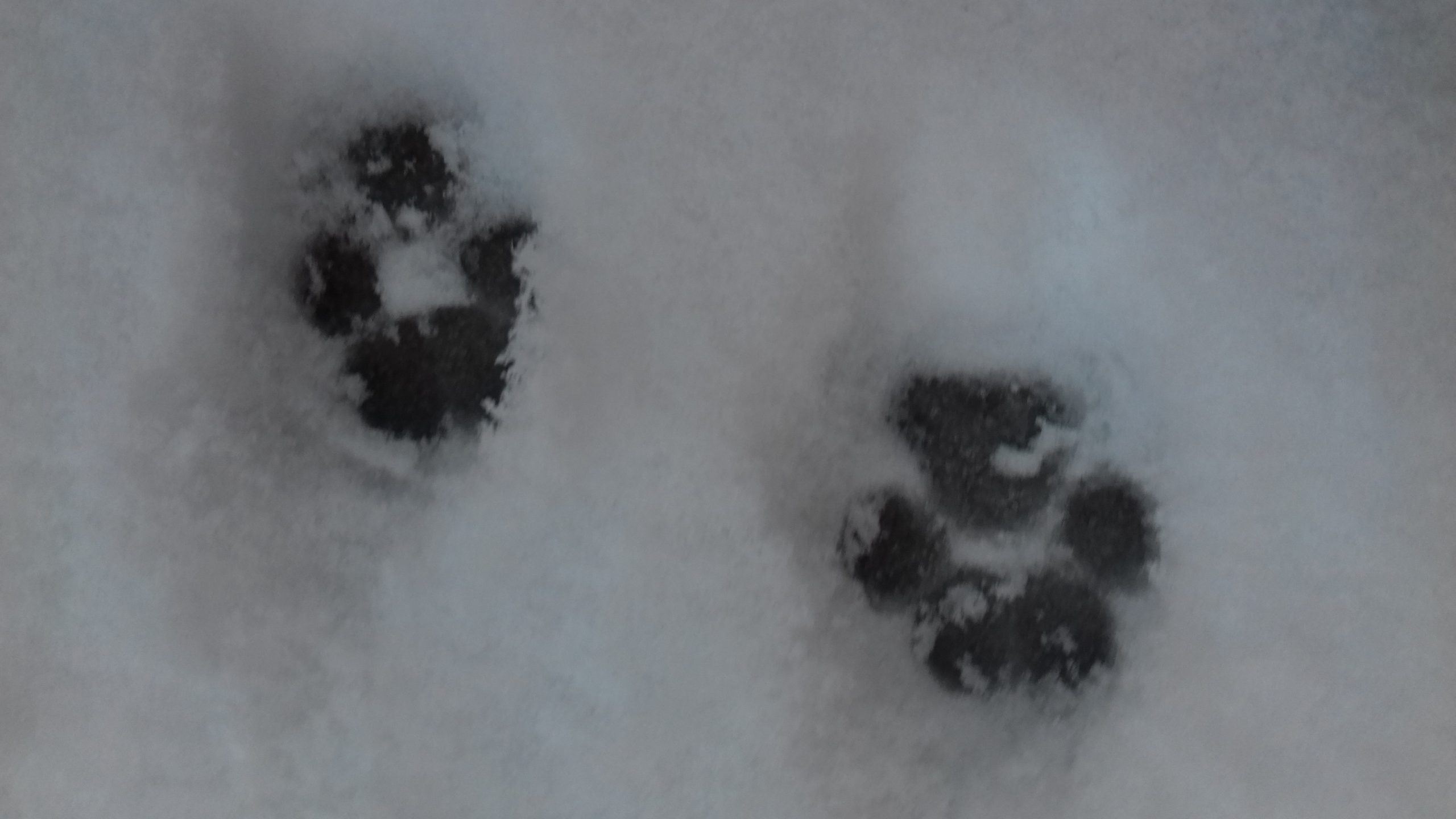
Glossary
- litter: a number of young animals born to an animal at one time.
- mix-breed: a domesticated animal descended from multiple breeds of the same species.
- housetrained: taught to pee and poop outside.
- puppy chewing stage: the period while they are teething.
- carrier: portable box for an animal.
- dog shelter: an establishment that provides a temporary home for dogs.
- animal welfare: refers to the feelings and physical wellbeing of an individual animal.
